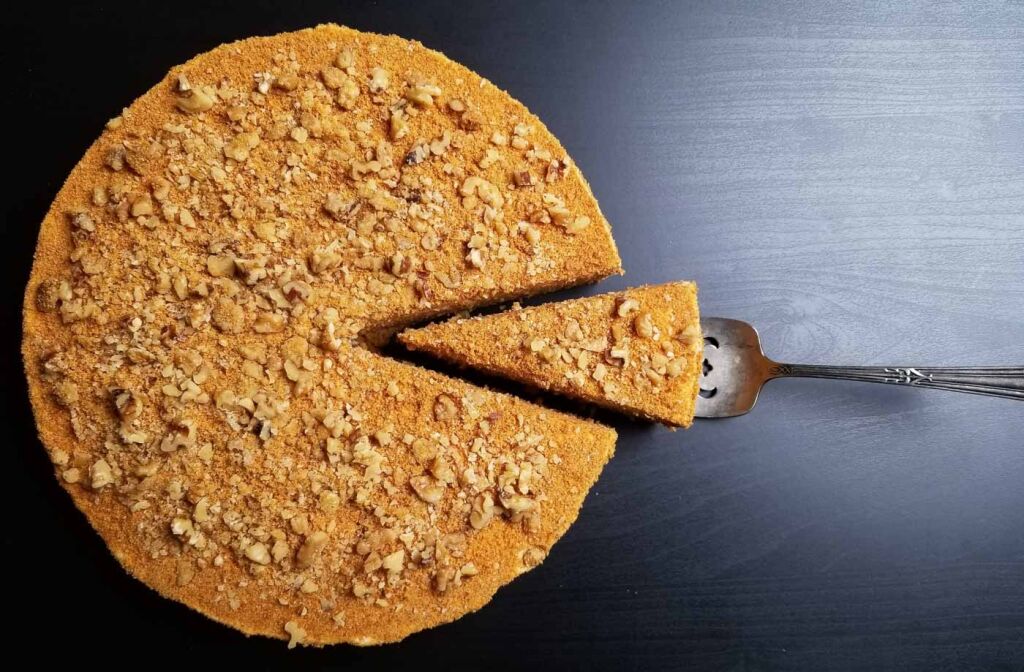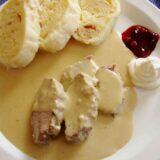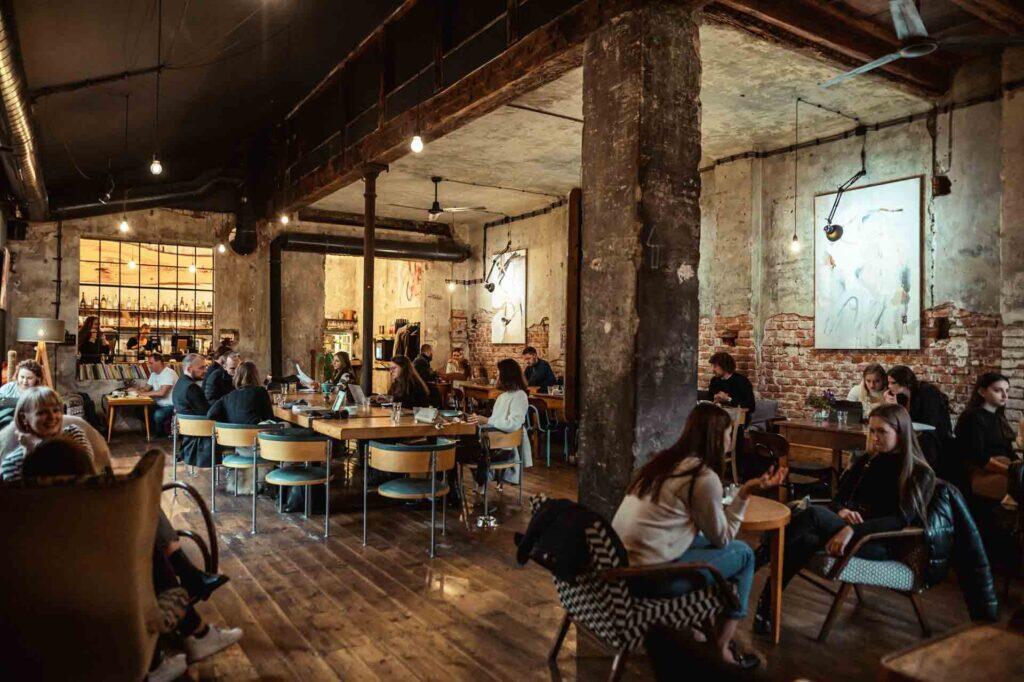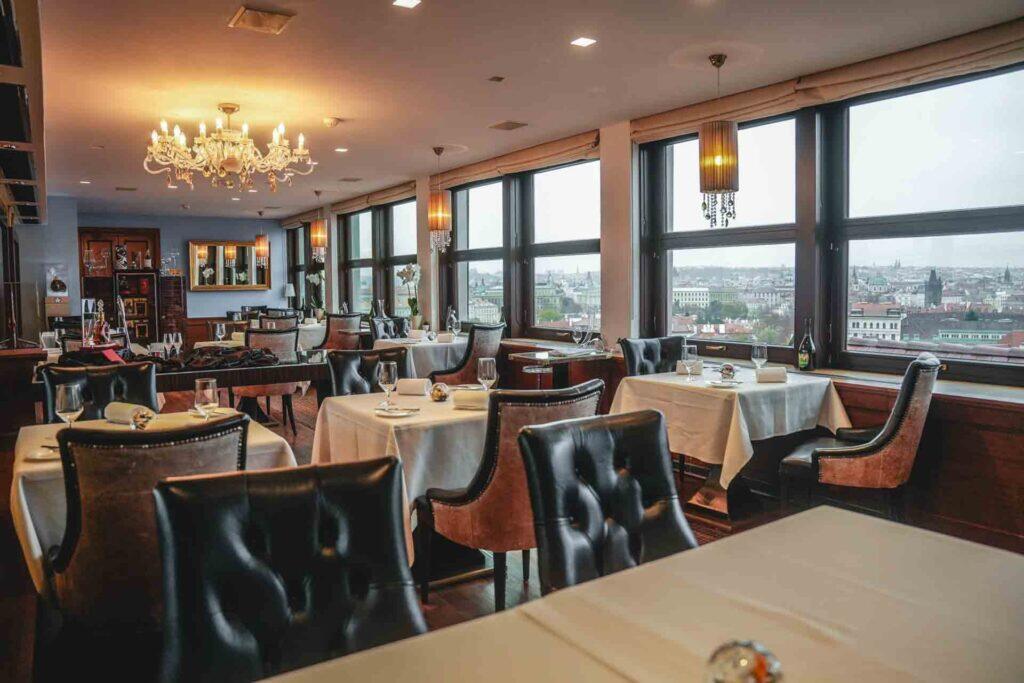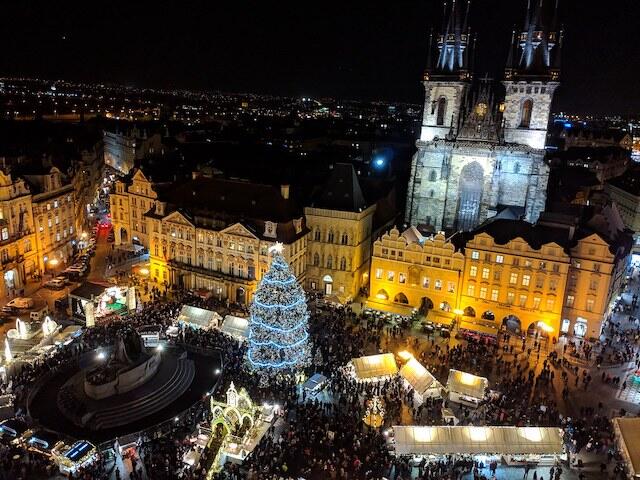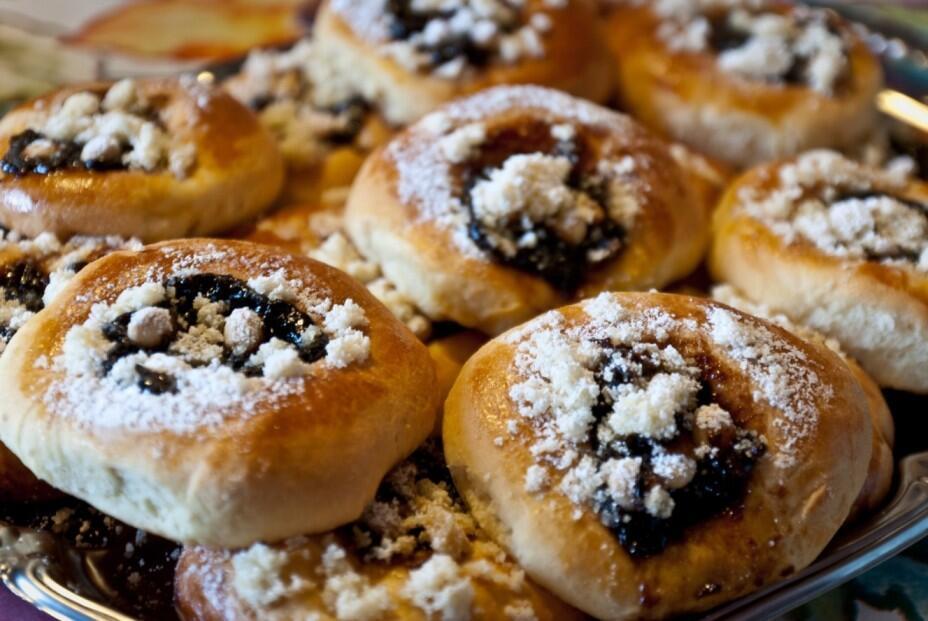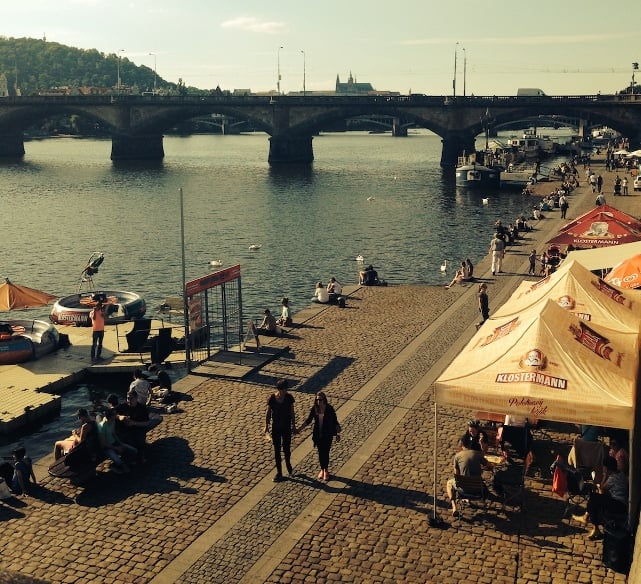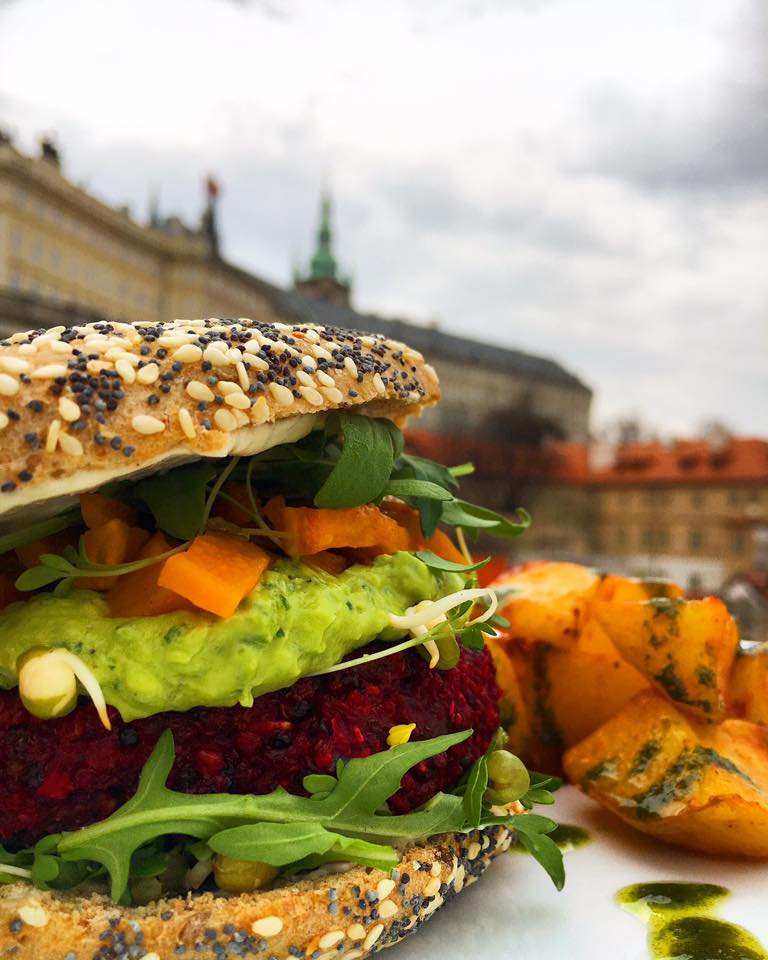Best Desserts in Prague: Must-Try Sweets and Where to Find Them
Prague is a dessert lover’s dream offering a delightful mix of old-world charm and contemporary culinary creativity. Whether you’re craving classic Cze...
Czech Republic
Best Cafes in Prague: Your Guide to Coffee and Cake in the Golden City
Prague has a thriving cafe scene, where traditional and contemporary coffee shops sit side by side. The Czech capital is also celebrated for its mouthwaterin...
Best Prague Restaurants with Stunning Views: A Scenic Dining Guide
Prague is easily one of Europe’s most picturesque cities. Not only is there an abundance of restaurants with a view, but many offer exceptional dining ...
The Ultimate Guide to Prague Christmas Market: What to See, Eat, and Experience
Prague’s Christmas markets have a magical atmosphere that’s rich in culture with stunning backdrops to make them some of the best in Europe. If you’re ...
Koláče : a traditional Czech recipe to make grandma proud
Kolace is one of the sweetest dough recipes. Most suitable for picnic and wedding season…a fitting time to pass along the recipe for the traditional Cz...
A Visitor's Guide to Prague Museums
In many ways, all of Prague is like a living, breathing, outdoor museum. Around every corner, there’s some interesting historical tidbit or element of art or...
Traditional Czech Christmas Food for the Festive Menu
Christmas in the Czech Republic is celebrated on Christmas Eve, December 24. Literally translating to “Generous Day”, it’s a day for festive traditions – tre...
Your Neighborhood Guide to Where to Stay in Prague
Rest assured, there’s no shortage of great places to lay your traveling head in the Czech capital city. Pensions, apartments, hotels, boutique accommodation,...
9 Restaurants for Vegetarians and Vegans in Prague
Vegetarianism and veganism are becoming more and more popular and so is visiting Prague! While Czech cuisine isn’t known for being veg-friendly, it isn’t dif...
Eating Europe Tours
Dine in the same cafe as Albert Einstein and meet the local vendors keeping the city’s food traditions alive. Explore the mysterious history of Prague through its cuisine.
- Daily
- 4 Hours
- Small Group
